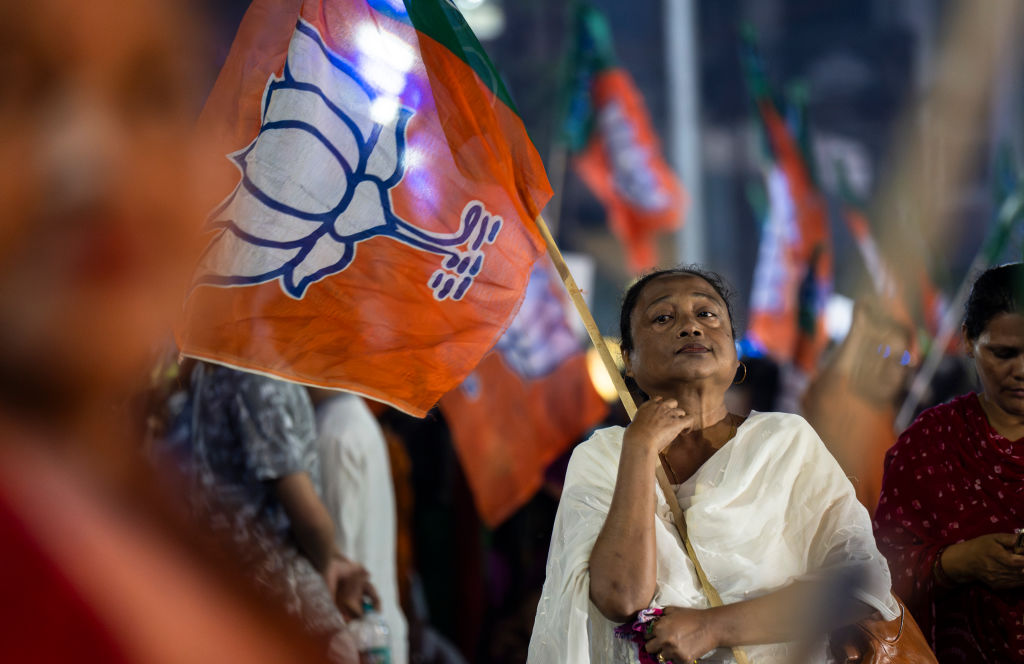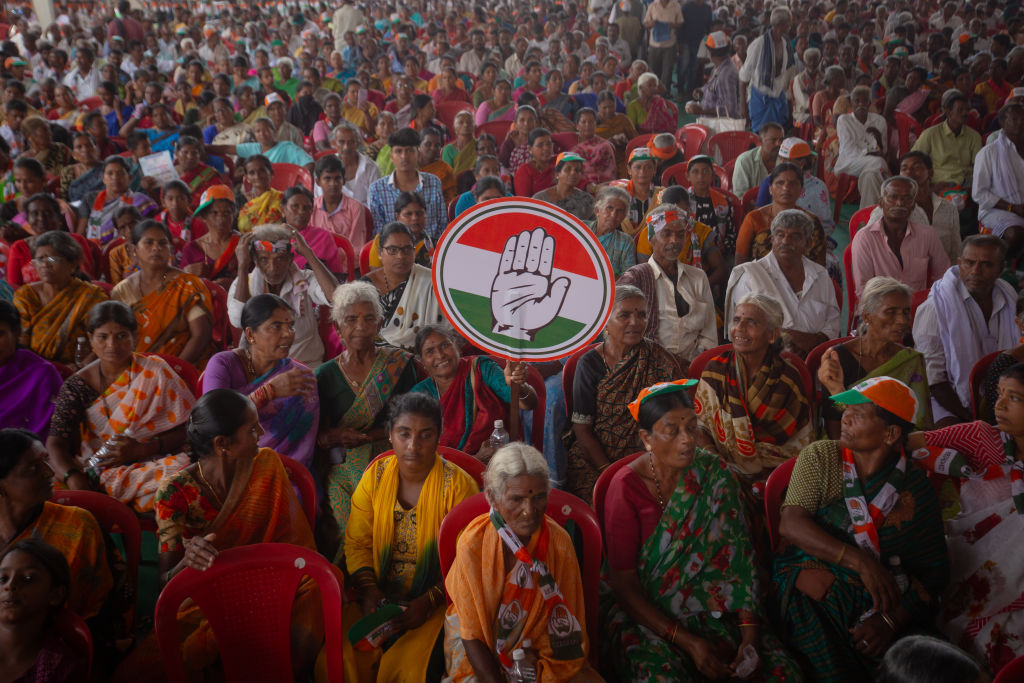ABHINANDAN KUMAR
Voting in India’s national elections opens today and the domestic electorate shows an increasing interest in foreign policies. The election manifestos of three national political parties – the ruling Bharatiya Janata Party (BJP), the Indian National Congress, and the Communist Party of India (Marxist) or CPI(M) – tell a story of distinct ideological positions – right, centre, and left respectively. Each set out contending visions for voters to decide.
The BJP, seeking a third consecutive term, has been in-charge of India’s foreign policy for the last 10 years, so its manifesto contains the most comprehensive section on foreign policy and national security agenda. There is consequently more detail to unpack. Congress, which has previously ruled for more than 50 years, has a rich legacy of framing and articulating the major tenets of India’s foreign policy since independence and represents the principal opposition voice. The CPI(M), on the other hand, despite a striking decline in its electoral fortunes, occupies a critical intellectual position and has historically offered a leftist ideological critique of India’s foreign policy, most prominently during the nuclear deal struck with the United States in the 2000s.

The BJP portrays India as a “consensus builder, first responder and a voice of the Global South”. India’s G20 leadership last year is expectedly hailed as a success. Yet the rhetoric of India as a “Vishwaguru” (teacher of the world), the talk of the town in Delhi leading up to the G20 summit, seems to have given way to a more toned down rhetoric of “Vishwabandhu” (friend of the world). Notably, the name “Bharat” seems to have replaced “India” in the official discourse, and the BJP manifesto promises to follow a Bharat First foreign policy, but without the isolationist tendencies exhibited in the “America First” policy of Donald Trump.
The BJP manifesto also contains the staples of Indian foreign policy, such as a claim to permanent membership of the United Nations Security Council, an emphasis on the neighbourhood, freedom of navigation in the Indian Ocean, fighting terrorism, and expanding India’s diplomatic reach worldwide. The commitment to establishing the India Middle-East Economic Corridor (IMEC) suggests that its announcement wasn’t just a photo-op at the G20 summit.
But surprisingly, unlike its 2019 manifesto, there is no mention of BRICS, the Shanghai Cooperation Organisation, the Bay of Bengal Initiative for Multi-Sectoral Technical and Economic Cooperation, or the Association of Southeast Asian Nations. Also missing is a direct reference to Pakistan or China as India’s major security threats, with a focus instead on non-state security threats such as terrorism and left-wing extremism. Despite recognising the need to shore up infrastructure along the borders, there is no direct reference to China’s territorial incursions.
The most interesting part of the BJP’s manifesto is an unmistakable emphasis on India’s soft power diplomacy, with a separate sub-section dedicated to this. The present government’s achievements related to its soft power are highlighted one by one: its vaccine diplomacy during the Covid pandemic; Chandrayaan-III, which became the first lander to touch down on the lunar south pole; India’s role in establishing an international day of yoga, and 2023 as the international year of millets; the global acceptance of India’s digital payment solution through the UPI; and commitments such as the International Solar Alliance and the Biofuel Alliance. The manifesto credits these achievements with instilling a sense of pride not only among citizens but also the diaspora.
Moreover, the manifesto commits to establishing Thiruvalluvar Cultural Centres across the world to promote India’s cultural heritage and democratic traditions. Without naming specific target countries, the BJP has also committed to bringing back Indian artefacts illegally taken away. This civilisational angle is further highlighted through its proposal to collaborate with other countries for the restoration and renovation of sites representing India’s heritage. Building upon the Ram Mandir inauguration in Ayodhya in January 2024, the BJP promises to launch a global outreach program to celebrate the legacy of Lord Rama.

It is typical for the incumbent ruling party to highlight the successes and overlook any alleged failures. That’s where the opposition parties take their cue.
Congress points to failures of the government, most notably, the Chinese intrusions in Ladakh and the Galwan clash in 2020, which represent the “biggest setbacks to Indian national security in decades”. It blames the lack of a comprehensive national security strategy and a government tendency for “chest thumping and exaggerated claims”. Congress promises to restore the status-quo ante along the Indo-China border, while also pledging to “repair” India’s image which it sees as damaged due to the present government’s record on human rights and social intolerance. It seeks a return to Nehruvian principles in Indian foreign policy, assuring that it will repair ties with Nepal, Bhutan, and especially Maldives, which have been strained in recent years.
Both Congress and CPI(M) accuse the government of undermining India’s commitment to following an independent, non-aligned foreign policy in the Gaza conflict by siding with Israel. The critique by the CPI(M) is stronger in tone and is reflected in its unmistakable anti-US and anti-Israel stance, which calls for scrapping all security and military ties with Israel and withdrawing from the US partnerships, including the Quad, which also involves Australia and Japan, and the I2U2, with Israel and the United Arab Emirates.
The CPI(M) also opposes the presence of any foreign military bases in the Indian Ocean as well as allowing access to Indian naval, air and military facilities for refuelling and stationing purposes to other countries. It takes a more balanced approach towards India’s neighbours, calling for a negotiated settlement with China, being open to resuming talks with Pakistan, and persuading Sri Lanka to devolve more powers to its Tamil-speaking regions.
Surprisingly, none of the three manifestos mentions Russia, perhaps as an acknowledgement of the awkwardness arising out of Russia’s tricky position in the contemporary global order.
It is generally believed that foreign policy stands out as a rare area of bipartisan agreement, unlike economic or social issues that are much more contentious and that dominate electoral debates. But reflective of the prominence of international affairs in modern life, this election reveals India’s major political parties are emphasising the differences in approach.
source : lowyinstitute
